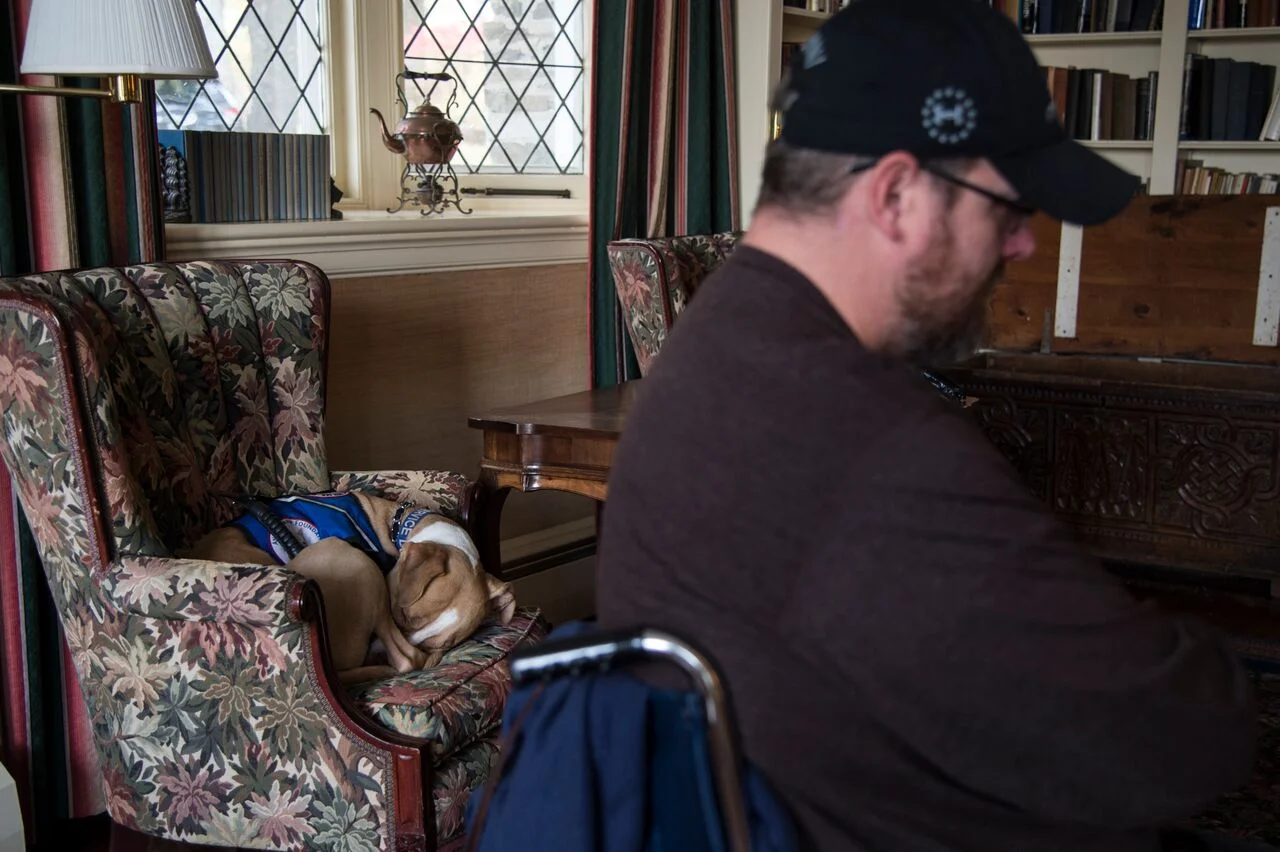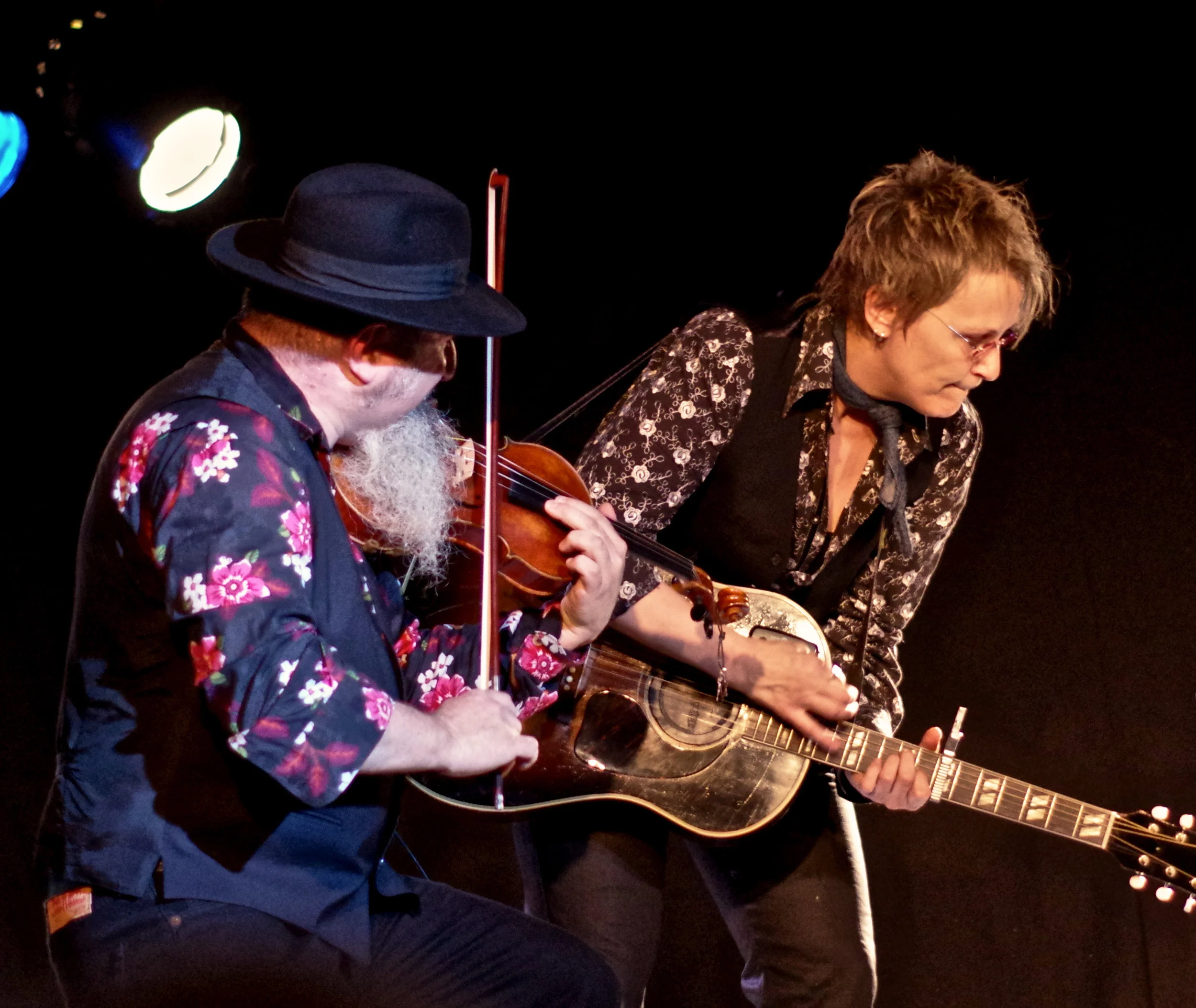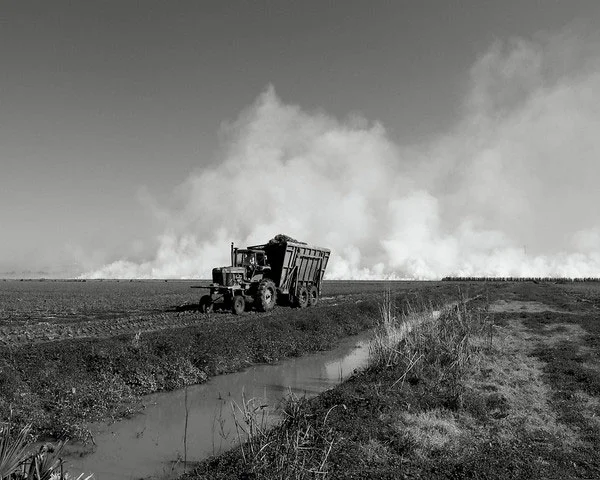“Extracting the true from the false is at the core of songwriting, and even when the writer works through fantasy and fiction, (and most of us do) emotional truth is the right basis of it. It’s paradoxical, but oftentimes the best way to demonstrate emotional truth is through made up tales. We use melody and metaphor to point to experiences that there are no words for.
Inspiration In The Rockies: March 2016
Snowed In, Nashville Style: February 2016
Songwriting As A Healing Art: January 2016
Sitting in Elvis Presley’s 1963 Rolls Royce
Working For The Greater Good = Joy
I was honored to perform on the Grand Ole Opry at The Ryman Saturday, November 28th - the night of the Opry's 90th Birthday.
I brought some friends with me, including Combat Veteran Josh Geartz, who fought in The Iraq War and co-wrote "Still On The Ride" with me, and Singer-Songwriter James House, both of whom I met through Songwriting With Soldiers (SW:S).
On The Air This Week: eTown Podcast, 12/2-12/8
Be sure to visit www.etown.org beginning December 2nd to watch Mary Gauthier's "On The Air This Week" podcast, taped September 27th in front of a live audience in Boulder, Colorado. The podcast will stream on the eTown website until December 8th, will be available on iTunes and will air on over 300 stations.
Learning How To Listen: November 2015
A New Book Deal! October 2015
Folk Festivals & Friends: September 2015
Life In The Balance: August 2015
Magic at The Cloister of St. Giovanni: June 2015
Learning to Tell the Truth
Collaboration & Chemistry
Seeing Trauma In A New Light
Rifles & Rosary Beads
Mary Nominated for GLAAD Media Award
Behind the Song: The Rocket
(by Fred Eaglesmith) Son, could you help me on this platform? I’m not so good at climbing stairs I brought me a drink and some sandwiches I want to just sit and watch the trains
I come down here almost every Sunday My grandkids, they used to come too Now they drop me off at the front gate I guess that they got better things to do
Number 47 she’s a good one Number 63 sings like a bird Number 29, that’s the one they call The Rocket Hey, that’s the saddest train I ever heard
Son, I’m decorated veteran I fought in what they called the Great War I used to believe in everything it stood for I don’t believe in much anymore
Number 47 she’s a good one Number 63 sings like a bird Number 29, that’s the one they call The Rocket Hey, that’s the saddest train I ever heard
Son, you look just like my boy He stood here almost 40 years today He looked so good in that brand new soldier’s uniform But that Rocket never brought him back again
Headaches and heartaches and all kinds of pain, these are the parts of the railroad train. Trains are one of the great metaphors writers use to shine the light on the far reaches of the human heart—to demonstrate the comings and goings of love. There are hundreds and hundreds of songs that use trains to tell the stories of the hearts’ travels, and “The Rocket” is one of the best.
It is written from the perspective of a man who has experienced a loss so devastating he cannot fully transcend his sorrow, so he has ritualized his grief in order to deal with it. He’s compelled to visit and re-visit the site where he last saw his son alive, the place where he sent him off to war 40 years prior—the eponymous train station. He is an old man now, bent over with regret, and he has lost most—if not all—of his faith. His body is also failing him, he has trouble with the stairs, and is forced to ask strangers to help him make his way up and down the flights for his weekly pilgrimage.
The utter brilliance of this song lies in the fact that old man does not choose to visit his son’s grave on his weekly pilgrimage. Instead, he chooses to visit the departure site, the place where he sent the boy off to war. It’s as though he is engaging in a penance for his actions, trying to make some kind of atonement for what he believes he did. We also get the feeling that the old fellow sits and stares at the trains trying to understand the enormity of what’s transpired, hoping somehow that if he stares long enough and hard enough, he might change the ending of the story.
His grandkids drop him off at the station, but they don’t join him there to watch the trains anymore, he’s left on his own to talk to the strangers who help him navigate the stairs ( and the emotions). He is compelled to tell his story each time, perhaps finding comfort in the telling. The universal human reaction to tragedy, to grief, is the need to tell and re-tell our story, it helps us move through the sorrow. But this old man is trapped in his pain, and he cannot find his way out of the maze. He feels responsible for his son’s death, and as we witness his pain, we feel compassion for him.
Nationalism and patriotism carried to their ultimate conclusions have repercussions, and this man has paid a high price for his devoted love and defense of his country—suffering both the loss of his son, and the loss of his faith. We assume the man is an American, but this is not necessarily so. This man could be of any nationality, and the pain would be the same. This song captures the essence of disillusionment through the old mans voice, the voice of the old soldier. We see the high cost of war through his eyes. This is not a protest song, or a peace song. It does not instruct us emotionally, it does not tell us how to feel about what has transpired. It only tells the story of one old man’s grief ritual. We take from it what we will, and draw our own conclusions. This is a story song well written, and the brilliance of story songs well told is that we write our own endings and thus personally connect with the universal truths they reveal.
When I was a child my family was dealt a devastating blow during the Vietnam War when my cousin Phillip was killed. I was far too young to have any true understanding of what had happened. I can only remember the adults telling the story of the soldiers pulling up to my aunt Dot’s house to tell her that her child was gone, and her profound emotional reaction to those soldiers at the front door. They spoke in whispers, but I heard them, and tried to take it all in.
My father served in Korea, but he did not ever talk about his years there. When we lost Phillip I could see in his eyes some of what he must had gone through when he was a soldier. His wartime experiences suddenly showed, the weights hung in his eyes revealed themselves, they were weights even a child could see.
In those cold hard months following Phillip’s funeral, my daddy didn’t talk much at all, which was very out of character for him. We’d go sit with my aunt, and just sit there—for hours. The adults drinking coffee, the kids playing in the back, quietly, knowing to keep it down. Feeling the sorrow too, in our child hearts.
My cousin’s picture, taken in his soldier’s uniform, hung framed in the living room of my aunt’s house, above the table next to the TV. Over the years, I’d stare at it when we’d go visit, trying to understand what it meant to be killed in a war in a foreign place, a place we had seen only on a map. I can still see that picture of him in my mind, though I have not laid eyes on it in 40 years. The young soldier, looking strong and brave at the camera, hair buzzed short, hat tilted slightly sideways on his head, a serious look. Phillip’s death was my introduction to mortality. His loss had a profound effect on my family, and though I was too young to really understand, I still carry the weight of it. Perhaps we all carry similar experiences, memories of our introduction to mortality.
“The Rocket” captures an emotional universe. It speaks for millions through the eyes of a single old man. This song is a classic, and Fred Eaglesmith is one of the best songwriters writing songs today, writing songs that will endure the test of time.
Order a copy of Live at Blue Rock HERE.
Behind The Song: Sugar Cane
(by Mary Gauthier and Catie Curtis) Mama said she don’t give a damn what those people say Cane smoke can’t be good for you day after day Every year at harvest time when the black smoke filled the sky She’d pick me up and take me home and make me stay inside
From Thibodaux to Raceland there’s fire in the fields All the way up the bayou from Lafourche to Iberville Dirty air dirty laundry dirty money dirty rain A dirty dark at daybreak burning the sugar cane
Christmas on the bayou, midnight come and gone Driving past the sugar mill and all the lights are on The parking lot is full of trucks I can see the furnace glow Everybody’s working overtime, it’s a good job, even though
From Thibodaux to Raceland there’s fire in the fields All the way up the bayou from Lafourche to Iberville Dirty air, dirty laundry, dirty money, dirty rain A dirty dark at daybreak burning the sugar cane
First came the sugar cane then came Thibodaux Cane sugar built this town cane sugar paved these roads They burn the leaves to harvest cash, money for the company Money makes the world go round money money money
From Thibodaux to Raceland there’s fire in the fields All the way up the bayou from Lafourche to Iberville Dirty air, dirty laundry, dirty money, dirty rain A dirty dark at daybreak burning, burning
The soot and ash are falling like a dark and deadly snow The air is full of poison to the Gulf of Mexico Dirty air, dirty laundry dirty money dirty rain A dirty deal with the devil, burning the sugar cane
I am a Louisiana kid.
Born in New Orleans, raised in Baton Rouge, and lived for a few years in a little Cajun town of 15,000 souls called Thibodaux. Thibodaux sits next to bayou Lafourche, and it is a hot, humid and slow moving little place. People have a unique accent down there, a Cajun French accent, with plenty French slang thrown in. I went to a couple years of High School there, before I decided High School was not for me.
Down in Thibodaux, sugar cane is a big cash crop, and it’s been that way for a long, long time. 16% of the sugar grown in the U.S. comes from the cane fields of Louisiana. I grew up around the sugar cane fields because both of my parents are from there, and the fields always seemed a little haunted to me. Spooky. Turns out, in Thibodaux, they ARE haunted.
There was a violent labor dispute and racial attack of whites against black workers in Thibodaux, Louisiana in November 1887. The fight was about the money paid to the workers of the cane fields. I'd never been told the story of the Thibodaux massacre, and when I lived there I had no idea that this occurred in my little town, but I felt it in my bones somehow. Something in me knew there was blood in those fields. I don’t know how I knew, but I knew. I guess the ghosts of the Thibodaux Massacre still linger in the humid air, though no one ever talks about it. There’s a conspiracy of silence around things like this in the South. It's not pleasant to talk about unpleasantness, and so for the most part, people don't.
Though the true number of casualties is unknown, at least 35 and as many as three hundred workers were killed, making it one of the most violent labor disputes in American history. All of the victims were African American. I learned about the history of the sugar industry in Thibodaux through reading books, years after I’d left Louisiana. Like I said, no one talks about this stuff down there.
The sugar game was, and is, about power and money. It always has been. Sugar is an addiction, and addiction always makes for big, big business.
Sugar cane is harvested by burning the field, and then cutting down the cane stalks after the burn. It’s a messy, ancient way of gathering sugar, but it requires less manual labor than any other way of harvesting, and for people living down there the smoke and soot and ash are just part of a way of life. The sugar industry jobs are good jobs, and people need the work.
Sugar cane is harvested around Christmas time in Louisiana, and a lot of folks associate the smell of the burning cane fields with the holidays. In other words, people think it smells good. But the soot and ash get so thick sometimes you can’t hang laundry outside. When I was a kid my mama used to make me and my brother and sister stay inside when the cane smoke filled the air, and I grew up thinking every kid lived like this. My mother used to get all worked up when they burned the fields, she used to say, “The poison in the air is going to kill all of us! No wonder they call it cancer alley down here in South Louisiana!” Most people thought she was dramatic, and a little off. They didn’t think the smoke was a big deal. They thought the sugar jobs were more important than the mess the smoke caused. It was unpleasant to talk about it.
When my grandmother was dying of lung cancer, I remember looking out of her hospital room in the Thibodaux General Hospital, and all I could see for miles around was cane fields. The enormity of that hit me, even though I was just 16 years old. She lived in Thibodaux her whole life, and died in that room, right there in the middle of the cane fields, her lungs giving out. Like I said, cane is a way of life. And Death.
They tell me they’ve found a cheaper way to harvest cane these days—a way that involves less burning, less pollution. I hope that’s true. It would mean a better way of life for the people down on the bayou, and in other places where the annual burns fill the air with smoke and soot and ash. I wrote this song hoping that one day the practice would change.
Order a copy of Live at Blue Rock HERE.


















